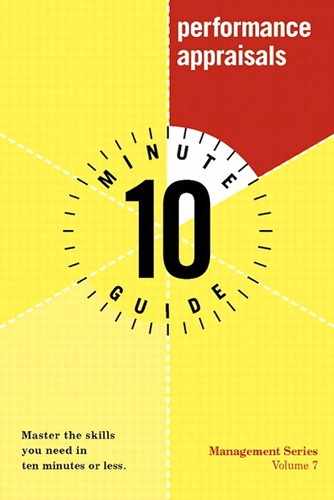How does Jack Welch, the chairman and CEO of General Electric, spend most of his time at work? On strategy? He answered that question a few years ago in a television interview where he said, "I spend my time on people. If you have the right people, strategy takes care of itself."
On the surface it might appear that Mr. Welch is saying that you should devote your time and attention to recruiting. Certainly a well-conceived, properly implemented recruiting strategy will pay big dividends, but there is more to his message. I believe that Mr. Welch is telling you that your primary responsibility as a leader is the development of people.
You may have been hired for your finance, marketing, production, or technology skills, but you were promoted so that you can help others develop the skills that make you so successful.
Initially you may think, "That's not so difficult. I know my stuff. It'll be easy to teach others how to do what I do." Then you realize that your ability is only part of the equation. You need employees who possess
Skills on which to build.
The desire to learn.
An ability to learn.
A work ethic.
Interest in the work that needs to be done.
A desire to see the company succeed.
The confidence to succeed.
Now you're wondering, "What did I get myself into?" Take heart! There's a tool to help you become a master at developing people. It's the performance appraisal.
This powerful tool enables you to assess all of the factors listed above and more. I'm sure some of you are wondering "If this tool is so wonderful, why do many supervisors dread its use?"
First, performance appraisals don't often come with complete, clearly written instructions. It's like trying to assemble your kids' toys. Even with instructions it's not a lot of fun.
Second, you know that during the appraisal meeting, you're going to tell the employee that he needs to improve. That's a pleasant thought!
Some managers tout the use of "constructive criticism" as a way to soften the message. Their belief is that the employee feels better knowing that the criticism is designed to help him. That's ridiculous! Criticism stings the ego. You know it and I know it.
There are ways to help employees improve performance without criticizing them. In this book, you'll learn techniques and language that will allow you to create a truly constructive and productive work environment, one in which your employees will flourish, and you'll be recognized as a master people developer.
This book makes use of three sidebars that help you find the information you need:
Tip
Tips give you a different perspective on what has been said—to get you thinking.
Plain English
Plain English sidebars provide definitions of terms that might be new to you.
Caution
Caution sidebars warn you of potentially tricky or dangerous pitfalls.
